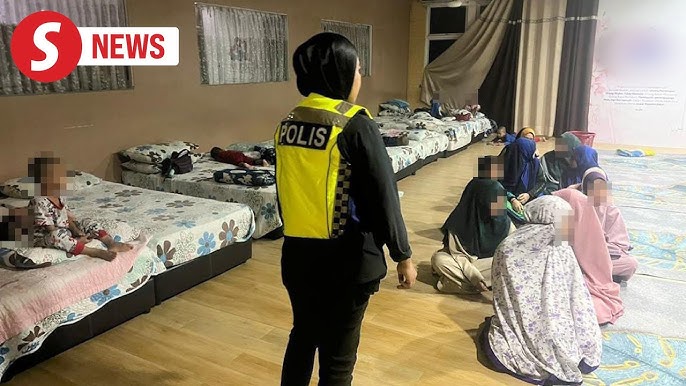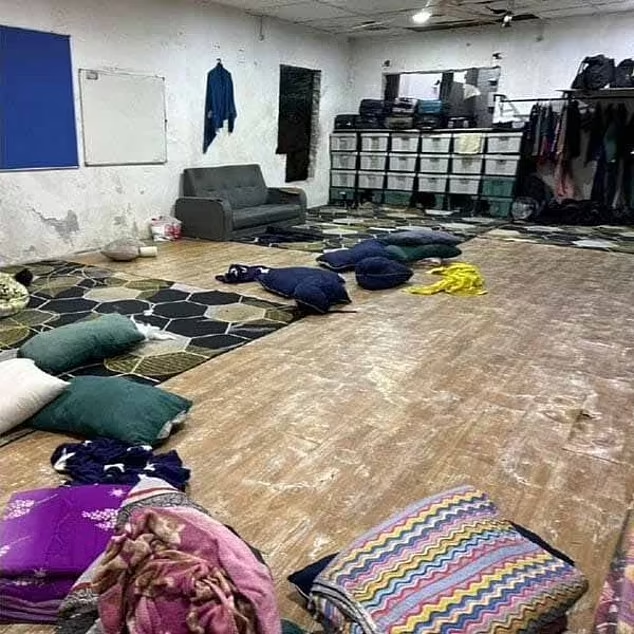Malaysian police have rescued 402 children and teenagers from suspected physical and sexual abuse across 20 care homes, in a sweeping operation that has shocked the nation and raised questions about child protection in the country.

Police Inspector-General Razarudin Husain announced at a press conference that the victims, ranging from one to 17 years old, had allegedly endured various forms of abuse. Some children were reportedly forced to perform sexual acts on other minors.
In a series of raids conducted on Wednesday across care homes in the states of Selangor and Negeri Sembilan, authorities arrested 171 suspects, including religious teachers and caretakers. The suspects, aged between 17 and 64, are accused of severe misconduct, with some allegedly touching children under the guise of religious treatment.
“Children were punished using heated metal objects,” Razarudin said, adding that ill children were reportedly denied medical treatment until their conditions became critical.
The raids were prompted by reports earlier this month of child exploitation and abuse at another facility in Negeri Sembilan state. Police have confirmed that these cases are linked to an ongoing investigation into the Islamic Global Ikhwan Group (GISB), a prominent business conglomerate with operations across 20 countries.
Deputy Inspector-General of Police Ayob Khan Mydin Pitchay stated that initial investigations suggest GISB’s modus operandi involved setting up welfare homes to collect donations. GISB has denied all allegations in a statement posted on Facebook, asserting that the company does not compromise on activities that violate the law, particularly regarding child exploitation.

The rescued children will be temporarily housed at a police center in Kuala Lumpur and undergo health checks. Many of the children were reportedly placed in these homes by their parents for religious education, according to the state news agency Bernama.
This case has prompted calls for stricter regulations of welfare homes from the Human Rights Commission of Malaysia (Suhakam). Farah Nini Dusuki, Suhakam’s children’s commissioner, told Free Malaysia Today, “The problem is that these places are not properly regulated or supervised. We have a serious issue with monitoring and supervision, which is why we need the community to be more alert.”
The scale of this operation has raised serious concerns about child protection measures in Malaysia and the oversight of religious and charitable institutions. As investigations continue, authorities face the challenge of ensuring the welfare of the rescued children while addressing the systemic issues that allowed such alleged abuse to occur.
This case highlights the urgent need for improved regulations, stricter monitoring of care facilities, and enhanced community vigilance to protect vulnerable children from exploitation and abuse.



